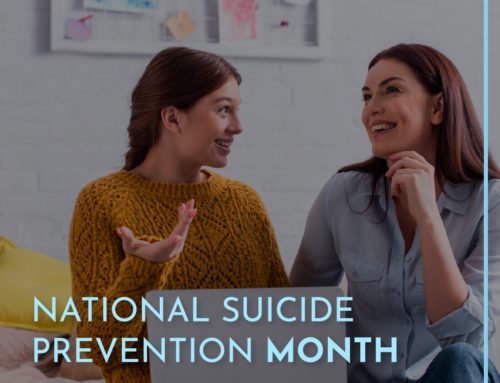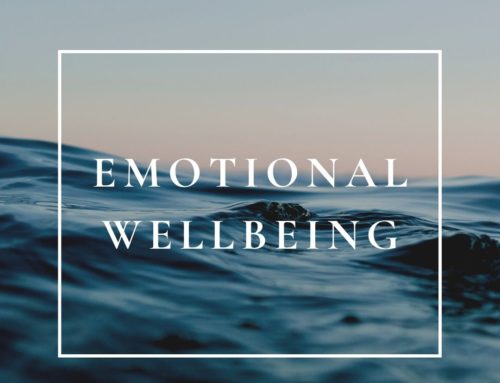Greetings readers!
This month we dive into Healthy Family Strategies. It has been a couple of weeks since we’ve had the collective experience of spending a lot more time with cohabitant(s) – be it our children, parents, siblings, roommates, spouse, etc. By now you may have created a daily routine that has worked, or perhaps you still haven’t gotten the routine down. While each situation is different in its complexities and diversity, we aim to share a few ideas that may be beneficial for you and your loved ones.
To begin, let’s reexamine certain thoughts to support your mental wellbeing. Reframe:
- “I am too overwhelmed” to “Today I will do my best and give myself grace” or to “Even though I feel stressed (or anxious), I will do my best to get through this day.”
- “I don’t know what to expect and it makes me feel afraid” to “I can release tension in my jaw, my neck, and my shoulders and I can take a deep breath before tackling the next thing.”
- “When will this end?” to “I am strong and flexible and I am able to focus on one day at a time.”
The best way to begin the day, or the week, is to make a plan. It is important to sit down with your family or roommates to discuss what everyone’s needs are; together, come up with a weekly or daily plan. Make your daily task lists visible for everyone to see.
For parents with children:
- Utilize free online educational resources that are entertaining and educational. Research websites that offer daily projects that keep your children reading, thinking, and having fun.
- Create a schedule that works for you and your children. The schedule should include work time (or school time), playtime, screen time, and individual time.
- Encourage a routine. Make a plan to limit screen time for your child and yourself and follow through.
For parents with teenagers:
- Have honest check-ins with your teen. It is important for them to verbalize their emotions and for you to verbalize your emotions as well. Communication is key.
- Include a routine that makes teens feel useful and creative and come up with goals that are exciting for your teen.
- Encourage your teen to connect with their friends and family, be it through facetime or Friday night family games.
For housemates:
- If you haven’t already, create house rules that incorporate who is able to visit while following social distancing rules and discuss boundaries.
- Check-in often. Speaking with your housemates openly about our mental state is an important step in helping alleviate additional stress and anxiety.
- Create a chore list and follow through.
It is important to be flexible with each other. Before reacting, pause, and check-in with yourself first. Support your loved ones by gifting them with resiliency skills. Part of having healthy family strategies is to take care of our own mental and emotional health first and communicating your needs second.
If you, or someone you care about is feeling overwhelmed with emotions like sadness, depression, or anxiety, or feel like you want to harm yourself or others:
- Call 911
- Visit the Disaster Distress Helpline, call 1-800-985-5990, or text TalkWithUs to 66746
- Visit the National Domestic Violence Hotline or call 1-800-799-7233 and TTY 1-800-787-3224
For the youth, if you know you or your friends need immediate help, please call Teen Lifeline. Teen Lifeline is a 24-7 crisis line where teens can call or text another teen about any problems or issues they are facing. This resource is also available to parents and families for support. For more information, check out their video here.
- In Maricopa County: 602-248-8336 (TEEN)
- Outside Maricopa County: 1-800-248-8336 (TEEN)
- Outside Arizona/Nationally: 1-877-YOUTHLINE or 1-800-SUICIDE
Operation Parent offers free webinars on many topics to support raising children and teens by visiting https://operationparent.org/resource-manager/
For more resources, please visit our resource page at https://carecoalitionaz.org/resources/






